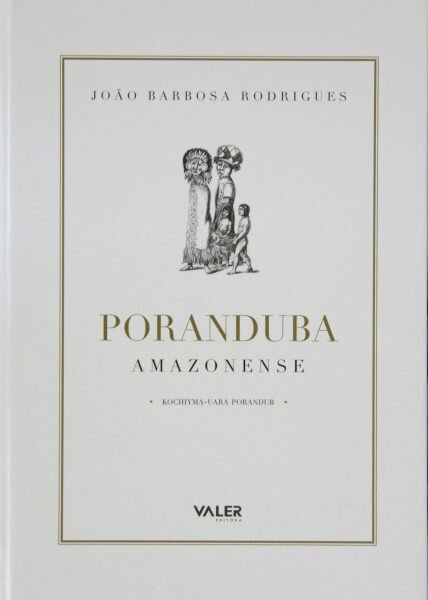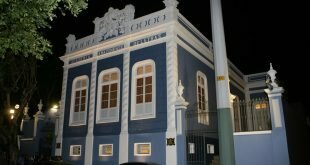
"It is a cry from the memory of Amazonas, a testimony of its cultural diversity." Thus the writer Tenório Telles, member of the Academia Amazonense de Letras, defines the work that took about ten years to organize - the updated version of "Poranduba Amazonenseby the botanist from Minas Gerais João Barbosa Rodrigues (1842-1909). The book, which will soon be in bookstores, brings together Amazonian myths, legends and songs collected in the second half of the 19th century. In the work, 40 pages are also dedicated to the vocabulary of the indigenous language Nheengatu, with translations into Portuguese.
The work addresses the work done by João Barbosa Rodrigues, who understood the Amazon universe beyond its landscape dimension. Between 1872 and 1875, the imperial government designated Barbosa to conduct research on the Amazon rivers and, in 1883, to direct the Botanical Museum of Manaus. During this period, the scientist went beyond his assigned work and sought to record the oral narratives of Amazonian culture.
During the 10 years he spent on this project, one of the main difficulties Tenório faced was to update the spelling and part of the language used by Barbosa, which dates back to the 19th century: "I consider this editorial endeavor, due to the complexity and difficulty faced in its completion, the work of my life as an editor", he says.
Tenório explains that the work has significant value for the country, which gives importance to the region's narratives and allows new generations to have contact with the Amazon culture. "Throughout these 150 years, many stories and languages were lost because they were not registered," he ponders.
When leafing through the book, the reader comes across, for example, the legend "The origin of the Solimões". The moon, unable to marry the sun, cried day and night and thus gave rise to the Amazon River.
"Indigenous peoples have myths that illustrate the way they think about the world. They are poetic and delicate narratives. In this case, the Amazon River is a river born out of love," explains Tenório.
For Tenório, the work, besides being important for the country's culture, is also a tribute and a reparation for the silence in relation to Barbosa's work. Although recognized as one of the most important scientists in Brazil, his work was restricted to scientific circles.
"This work is a celebration of the life and intellectual contribution of this hero of Brazilian science and trailblazer of the Amazon," Tenório writes in the book's introduction. "(It is an undertaking) to rescue from oblivion this fundamental work of national culture and indispensable for us to understand the process of identity constitution of the populations that inhabit the many banks of the Amazon rivers."
 Manaus Ágil tourism and culture of the Amazon
Manaus Ágil tourism and culture of the Amazon




